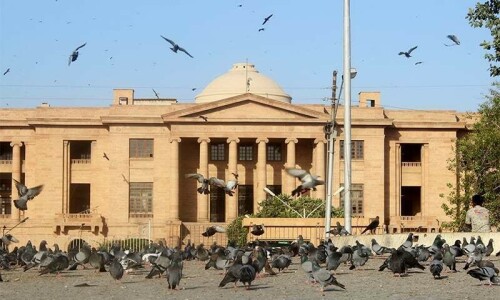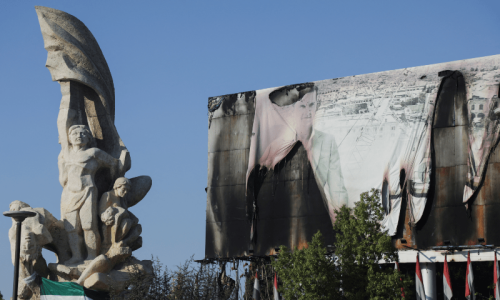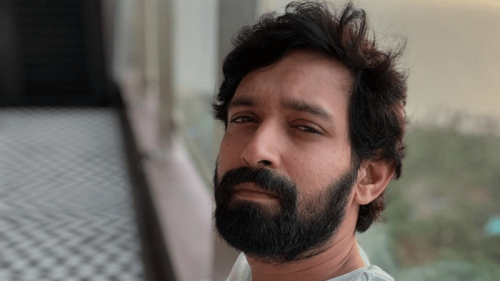WHEN the pandemic struck, I thought this would be the a-ha moment for news consumers everywhere. I expected a war cry of ‘we need accurate, impartial information about our public health’. That’s not been the case; even if some outlets have seen a surge in traffic, it hasn’t translated into demands for responsible journalism. Audiences may consume news on various mediums but they’re also still reliant on opinions masquerading as fact.
It’s paradoxical — Pakistanis have never had access to this much information, but it does not mean they are more informed.
Do we blame the consumer or the media for this?
When the obituary for print is ultimately written, who will be held responsible for its demise: publications who gave away their content for free or social media companies like Google and Facebook, which became aggregators of it?
I believe print has to accept that by putting up all their content online, without understanding its consequences, they helped their audiences decide ‘why pay for news?’
Consumers need to ask who is running the news outlets.
Back then, print made most of their revenue through advertising and subscriptions. But as advertisers figured out how to target individuals online and subscribers found ways to get all their information for free, print found itself in a quandary. Most newspaper readers say they read a physical copy out of habit or for the obituaries rather than for exclusive content they can’t find online.
But there is something missing in both print and the online sphere.
The Washington Post’s media columnist Margaret Sullivan writes in her new book, Ghosting the News, that you won’t find deeply reported local news in American media outlets, and there lies the problem — for journalism everywhere. Jobs have been cut, newspapers have reduced their pages or shut down, and business models have been spun on their heads because they were dependent on advertising. And this is before the pandemic struck.
When you cut out local news from your pages, ostensibly for economic reasons, you ultimately create news deserts, ie places where there are few or no newspapers and communities have no reliable sources of information. The term gained traction in 2016 when a study by the University of North Carolina reported the correlations between Trump’s electoral victory and areas with the lowest news subscriptions.
And this isn’t unique to the US. Sullivan writes: “Studies in Japan and Switzerland have found much the same dynamic: In places where news breaks down, so does citizenship; where newspaper market share increases, so does political accountability.”
Accountability matters, and it’s one of the basic tenets of journalism — holding the powerful to account. And perhaps audiences need to be reminded of journalism’s importance. For that, journalists need some introspection before they can convince others.
Consumers need to be proactive too, and ask who is running the news outlets across the world and here in Pakistan. What is their interest in getting the news you’re seeing on screens?
Not every millionaire media owner is like Jeff Bezos and doesn’t interfere in the editorial decisions in the publications they buy. The same can’t be said for oligarchs sweeping down on the media landscape to buy or start news outlets.
Newsroom managers can start by acknowledging news deserts in Pakistan — under-represented communities that are deprived of reliable news. Because they’re not seen as preferential audience members by the big corporations running news, they don’t get covered either.
Why should it matter that X community sitting in X locality isn’t being represented in newspapers or worse, not getting the necessary information needed to make important decisions about their future? When there is no watchdog in place to hold the powerful to account, what happens in that community, to that community?
Sullivan says the outlook for the US is bleak. I doubt it’s any brighter here in Pakistan. Corporations in charge of what you’re watching on television, with axes to grind and other businesses to nourish, means unchecked opinions masquerading as news are swallowed whole.
A misinformed audience screams ‘fake news’ when they hear something outside their information bubble. Forget paying for it, folks may soon wonder who needs the news, when they can get everything from their preferred algorithm-generated platform for free.
Except that nothing is for free. And journalists, editors need to eat some humble pie, admit some mistakes, and get over a fallacy that things were better in the old days.
Unfortunately, I don’t have the answer to who will pay for news. (My new worry is who will write it, but I shall save that for another day.) But I have hope that conversations around new economic models — for example, a nonprofit route dependent on donations from individuals and corporations — may pave the way for better journalism that will allow for audiences to make informed decisions.
The writer is an instructor in journalism at IBA in Karachi.
Published in Dawn, August 23rd, 2020










































